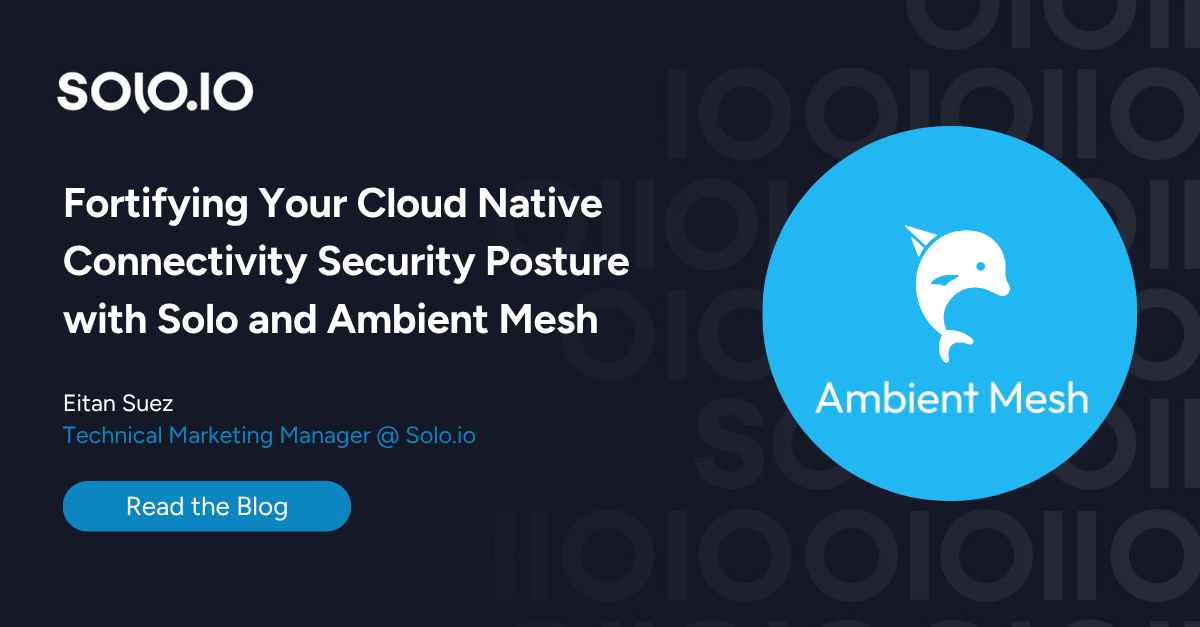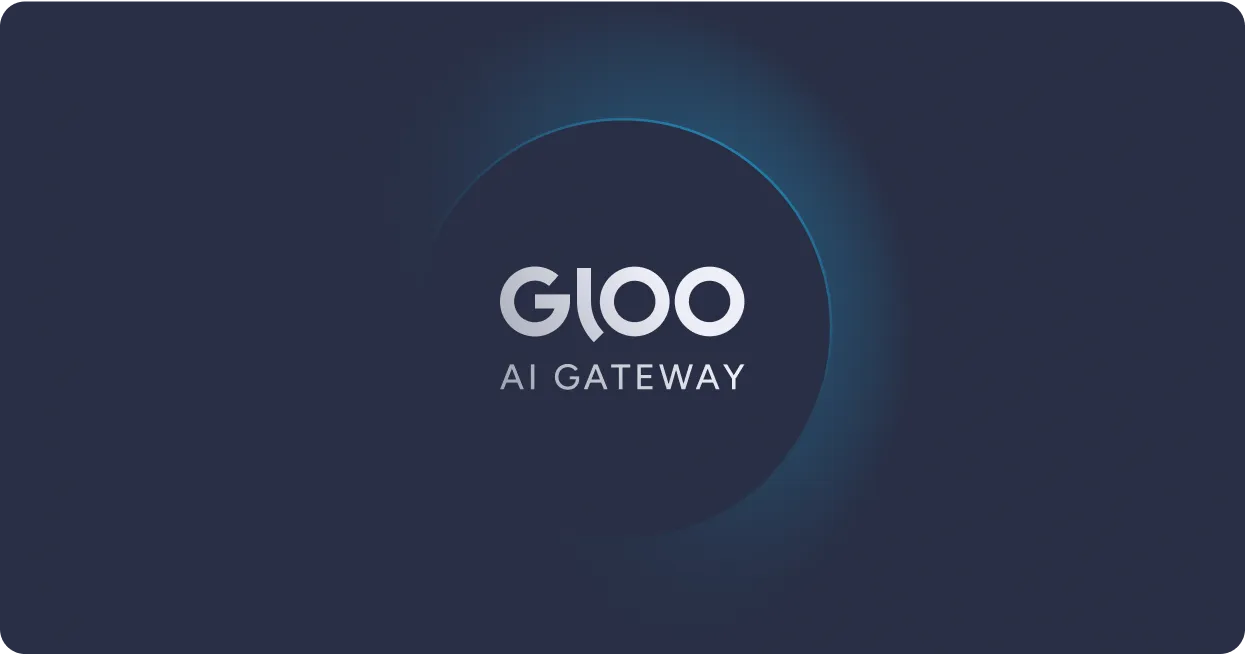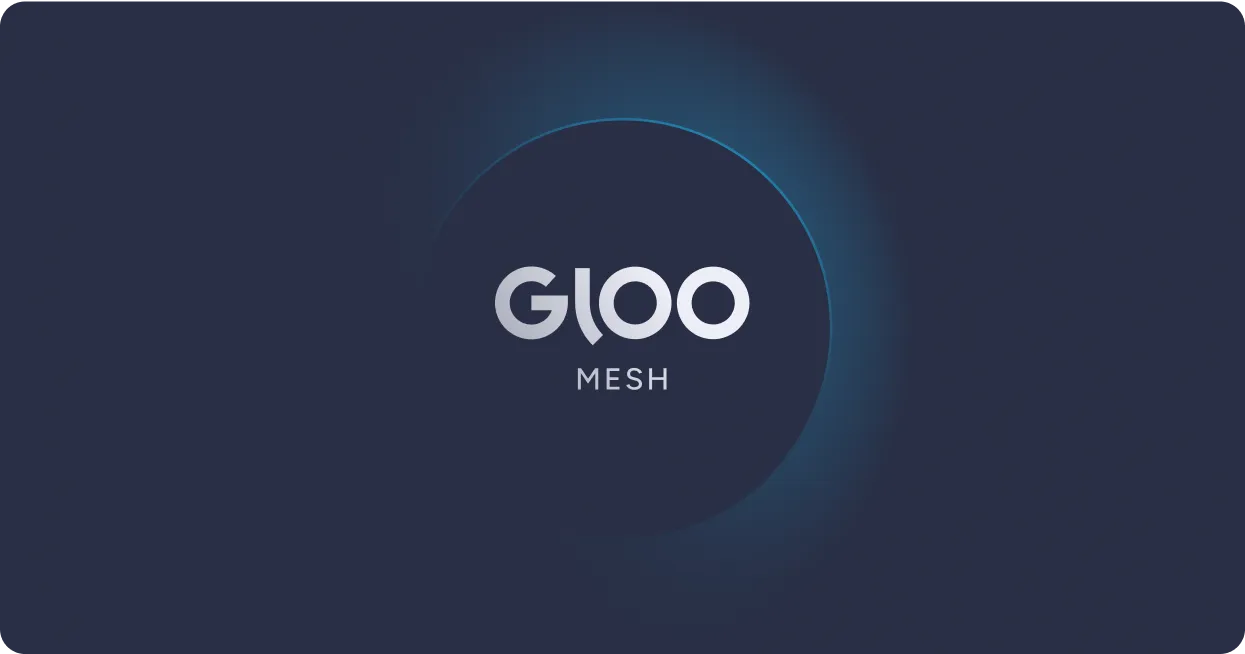The Leaning Tower of Pisa is one of the most famous landmarks in the world. It is also one of the most unstable structures in the world. The 14,500 ton tower began to lean shortly after construction began in 1173 — builders didn’t plan for the foundation settling into the soft clay beneath it.
Instead of collapsing, however, the tower’s foundation fortuitously came to rest on a limestone layer deeper underground. Today, architects and construction engineers account for foundation settling before construction, which yields better built buildings and reduces the odds of shifting.
The Proxy foundation matters
Accounting for a solid foundation for a modern enterprise application network is equally important. At Solo, we frequently consult with enterprises that adopted the medieval proxies of a bygone era, choosing technologies like NGINX and Apigee that were designed with a set of application and networking assumptions that no longer hold.

The effectiveness and reliability of an application network are directly linked to the proxy technology that supports it. In this context, Envoy Proxy serves as the ideal foundation for these networks, ensuring their stability, security, and efficient functioning.
Imagine an enterprise application network as a multi-story building. The services and applications within the network are like the various rooms and functionalities of the building. Just as a house’s foundation bears the weight of the entire structure, the proxy technology supports the flow of data and traffic between different services, making sure that communication is smooth and secure.
Why Envoy Proxy?
Envoy delivers a superior proxy foundation for many reasons: its open source community, stability and reliability, security, performance and scalability, adaptability, plus enabling observability and monitoring.
Open Source Community

A building’s foundation is only as strong as the architects and construction engineers that designed and executed it. Envoy’s human foundation is an open source community that has fostered a vibrant ecosystem of developers, integrators, and contributors. This collaborative environment ensures continuous innovation, rapid bug fixes, and the availability of a rich spectrum of integrations. As technology evolves, so does Envoy, positioning enterprises at the forefront of technological advancement.
Learn more about the origin story, early community building, and rapid adoption of Envoy in this video.
Stability and Reliability

A solid foundation is essential for preventing the house from crumbling or experiencing structural issues over time. Envoy’s architecture is built on proven principles and battle-tested technologies, making it extremely reliable. Its robust design ensures that data is transferred accurately, services remain available, and potential failures are handled gracefully. This stability translates into consistent and uninterrupted service within the enterprise network.
Security

Just as a strong foundation provides a secure base for the entire house, Envoy offers robust security features. It acts as a gatekeeper, controlling and monitoring traffic between services. Its advanced load balancing, authentication, and authorization mechanisms safeguard the network from unauthorized access and potential threats. This security layer ensures that sensitive data and critical operations within the enterprise are protected.
Performance and Scalability

A solid foundation allows a building to effectively distribute weight and resources, contributing to its overall efficiency. Envoy’s dynamic load balancing and traffic management capabilities ensure that network resources are optimized. It intelligently routes traffic, preventing bottlenecks and overloading of services. This efficiency translates to better utilization of computing resources and improved performance across the enterprise network.
Adaptability

As the house’s foundation supports different architectural styles and renovations, Envoy’s extensible and adaptable nature accommodates various networking needs. Its modular design and support for various protocols enable seamless integration with different services, making it suitable for diverse enterprise environments. This adaptability allows the network to evolve without requiring a complete overhaul.
Observability and Monitoring

A solid foundation provides the ability to inspect and maintain the underlying structure of the house. Envoy offers comprehensive observability tools that allow administrators to monitor and gain insights into the network’s behavior. This transparency helps in identifying performance bottlenecks, debugging issues, and ensuring the overall health of the enterprise services.
The Leaning Tower of Pisa reminds us of the importance of a strong foundation. Even the most beautiful and iconic designs can be compromised by weak underpinnings.
An enterprise application network depends on a reliable and feature-rich proxy technology like Envoy. The Envoy community delivers an architecture that provides the stability, security, efficiency, adaptability, and visibility necessary for a robust and high-performing application network, making it the best choice to serve as a cornerstone of your enterprise.
Learn more

In addition to the Envoy video discussed earlier, Solo Academy offers a wealth of free educational material on the open source underpinnings of its enterprise platform. This include course material and free certifications on technologies like Istio, Ambient Mesh, Cilium, eBPF, and more. This Envoy Proxy course offers background and a hands-on learning experience to get you started.
Would you like to go deeper in understanding Envoy architecture? This video from Solo.io’s Chief Architect Yuval Kohavi is a great place to start.



















%20For%20More%20Dependable%20Humans.png)










